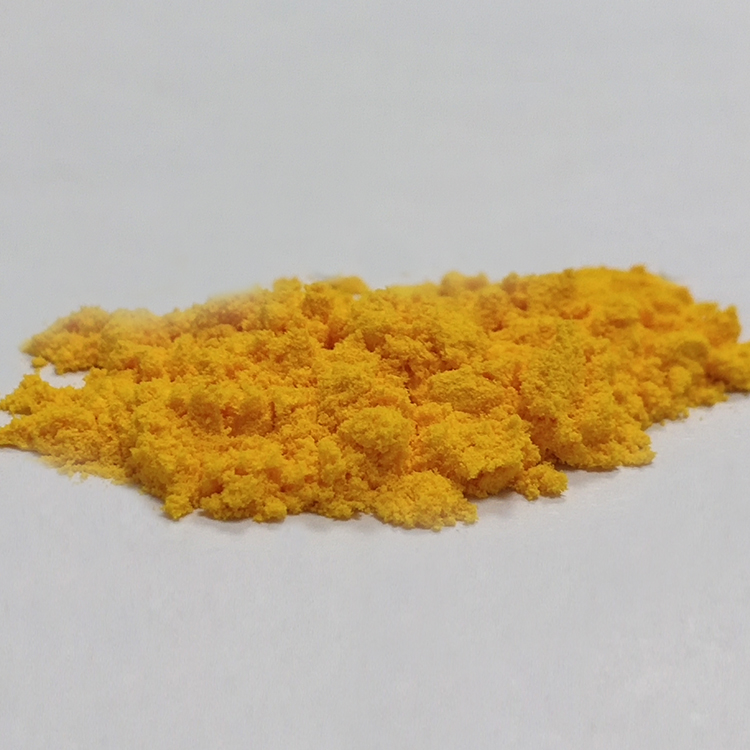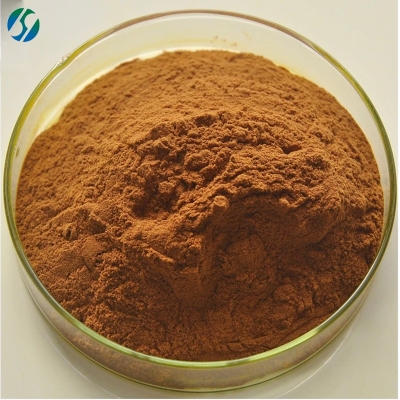-
Categories
-
Pharmaceutical Intermediates
-
Active Pharmaceutical Ingredients
-
Food Additives
- Industrial Coatings
- Agrochemicals
- Dyes and Pigments
- Surfactant
- Flavors and Fragrances
- Chemical Reagents
- Catalyst and Auxiliary
- Natural Products
- Inorganic Chemistry
-
Organic Chemistry
-
Biochemical Engineering
- Analytical Chemistry
- Cosmetic Ingredient
-
Pharmaceutical Intermediates
Promotion
ECHEMI Mall
Wholesale
Weekly Price
Exhibition
News
-
Trade Service
!--webeditor:page"--April 27, 2020 / -- Scientists at the University of Sanford Burnham School of Medical Discovery, the University of Hong Kong, the Scripps Research Center, the University of California, San Diego School of Medicine, the Mount Icaine School of Medicine, and the University of California, Los Angeles, have discovered 30 existing drugs that could prevent the replication of the SARS-CoV-2 virus.
almost all drugs are completely different from drugs drugs currently undergoing clinical trials, and the prospects for COVID-19 treatment have not been known before.
new drug candidates have increased the number of "targets" for potential COVID-19 treatments, reaching patients faster than drugs from no to no.
the study was published on bioRxiv, a preprinted platform for life sciences research.
"We believe this is the first full screening of SARS-CoV-2 live virus drugs, and we hope that one or more of these drugs will save lives as we wait for the COVID-19 vaccine," said Dr. Sumit Chanda, director of the Immunization and Pathogenesis Program at Sanford Burnham University.
many of the drugs found in the study -- most of which are new to COVID-19 research -- can start clinical trials immediately or within months of additional trials.
" Photo Source: bioRxiv Screening a known drug library These drugs are sifting through more than 12,000 drugs from the drug database ReFRAME drug repurposing collection, an existing drug library where drugs have been approved by the FDA to treat other diseases or have been extensively tested for human safety.
ReFRAME was created by the Scripps Institute with the support of the Bill and Melinda Gates Foundation to accelerate efforts to combat deadly diseases.
each compound was tested for the SARS-CoV-2 live virus, which was isolated from patients in Washington state and China, and the last 30 drugs were selected based on their ability to stop the virus from growing.
, the starting point for finding any new antiviral drug is to test its ability to stop the virus from replicating in the lab," said Chanda, a research analyst.
since the drugs we found in this study have been tested in humans and proven to be safe, we can skip more than five years of research that usually requires approval for human use.
" team worked with Dr. Kwok-Yung Yuen, the scientist who discovered the first SARS virus, Dr. Kwok-Yung Yuen, head of the Department of Infectious Diseases at the University of Hong Kong, and Dr. Shuofeng Yuan, an assistant professor in the Department of Microbiology at the University of Hong Kong, who acquired the live SARS-CoV-2 virus in February 2020.
at the same time, the labs recreated Chanda's automated high-volume drug screening system in Yuen's lab, which was used to identify 300 drugs from the ReFRAME library that keep cells alive if infected with SARS-CoV-2.
The 300 drugs were tested in a second round at Chanda's lab in La Jolla, California, and researchers used molecular tools such as polymerase chain reaction (PCR) and immunofluorescence microscopes to identify 30 of the most effective compounds to prevent virus replication.
Each drug or experimental compound needs to be further evaluated in clinical trials to demonstrate its effectiveness in treating PATIENT-19 patients before it can be widely used: o 27 drugs that have not yet been evaluated for COVID-19 are effective in preventing virus replication.
17 of these drugs have extensive human safety records from clinical studies of non-COVID-19 diseases, including chlorpyrine, avisatin, methicillin, and aspirin, which have previously been approved by the FDA for use in other adaptations.
to date, 6 of the 17 drugs have been effective at concentrations or doses that may be effective and toned in humans.
four of these six drugs -- apilimod, MLN-3897, VBY-828, and ONO 5334 -- have been used in clinical trials to treat diseases such as rheumatoid arthritis, Crohn's disease, osteoporosis and cancer.
addition to the 27 drug candidates, three drugs currently used in COVID-19 clinical trials, including Redsivir and chloroquine derivatives, have also been shown to be effective in preventing the growth of SARS-CoV-2.
these results reaffirm their prospects as potential COVID-19 therapies and support the continuation of clinical trials to demonstrate their effectiveness in patients.
photo source: According to regulatory guidelines, the newly discovered drug candidates may go directly to coVID-19 clinical trials or be further tested for efficacy in animal models.
Chanda said: "Based on the large amount of data in this study, we believe that the four drugs mentioned above, MMLN-3897, VBY-825 and ONO 5334, are the best new treatments for COVID-19 in the near future.
, however, we believe that all 30 drug candidates should be fully studied because in our trials they are clearly effective in preventing virus replication.
" Chanda's team was able to study the live virus because his lab was certified as Biosecurity Level 3 (BSL-3), which means it is equipped with protection for laboratory personnel and the surrounding environment and community from pathogens that can lead to serious or potentially fatal diseases.
the agency was established in 2016 to support Thea's research into broad-spectrum antiviral drugs for HIV, influenza, dengue and West Nile viruses.
() !--/ewebeditor:page--!--webeditor:page title"--reference: Laura Riva et al. A Large-scale Drug Survey for SARS-CoV-2 Antivirals, bioRxiv (2020). DOI: 10.1101/2020.04.16.044016Researchers use live virus virus to 30 existing drugs that can treat COVID-19!--/ewebeditor:page--.





![(2R,2'R,2''R,3R,3'R,3''R,4R,4'S)-2,2',2''-Tris(3,4-dihydroxyphenyl)-[4,8':4',8''-terchroman]-3,3',3'',5,5',5'',7,7',7''-nonaol](https://file.echemi.com/fileManage/upload/goodpicture/20240325/2r-2r-2r-3r-3r-3r-4r-4s-2-2-2-tris3-4-dihydroxyphenyl-4-84-8-terchroman-3-3-3-5-5-5-7-7-7-nonaol_b20240325094628636.png)

